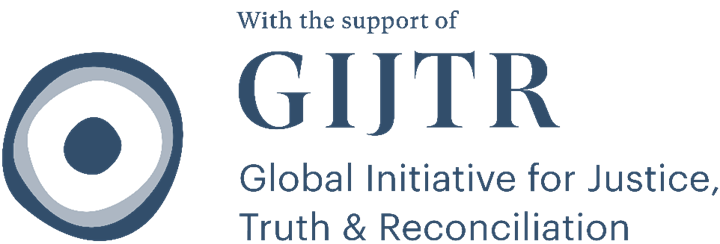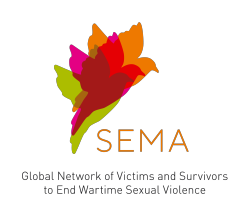Convention on the Elimination of All Forms of Discrimination against Women (CEDAW)
III.22 States must provide victims/survivors of CRSV with appropriate care
In conflict-affected areas, access to essential services such as health care, including sexual and reproductive health services, is disrupted. Consequently, women and girls are at a greater risk of unplanned pregnancy, severe sexual and reproductive injuries, contracting sexually transmitted infections and suffering other physical and psychological injuries following CRSV. The breakdown or destruction of health services, combined with restrictions on women's mobility and freedom of movement, further undermines women's equal access to health care, enshrined in article 12(1).
States must take measures to provide women of all ages and backgrounds with adequate protection and health services, paying particular attention to 'the physical and mental health needs of, including psychological support to, victimized women and children born of rape'. Adequate services include:

 EN
EN FR
FR ES
ES UK
UK



